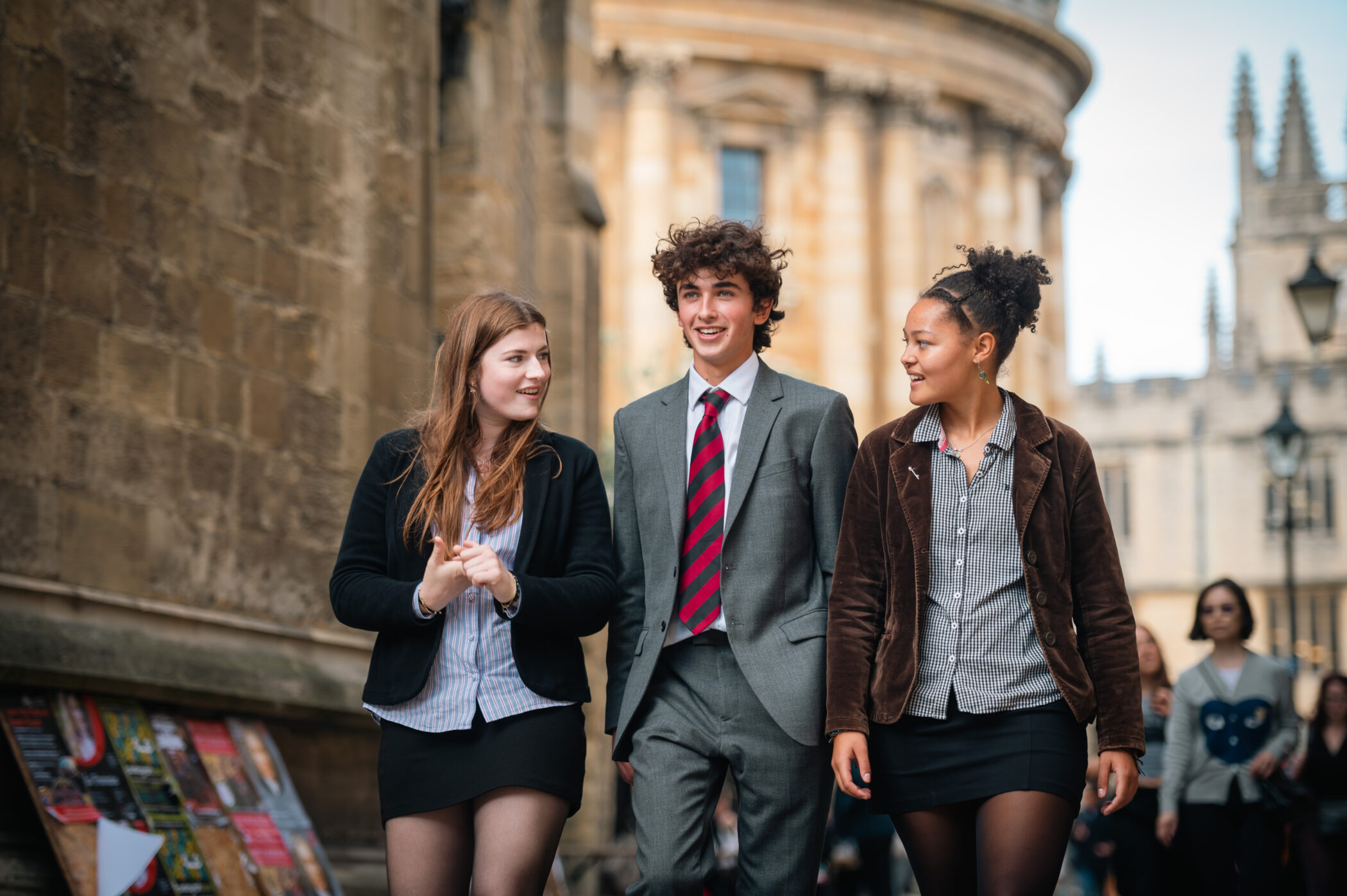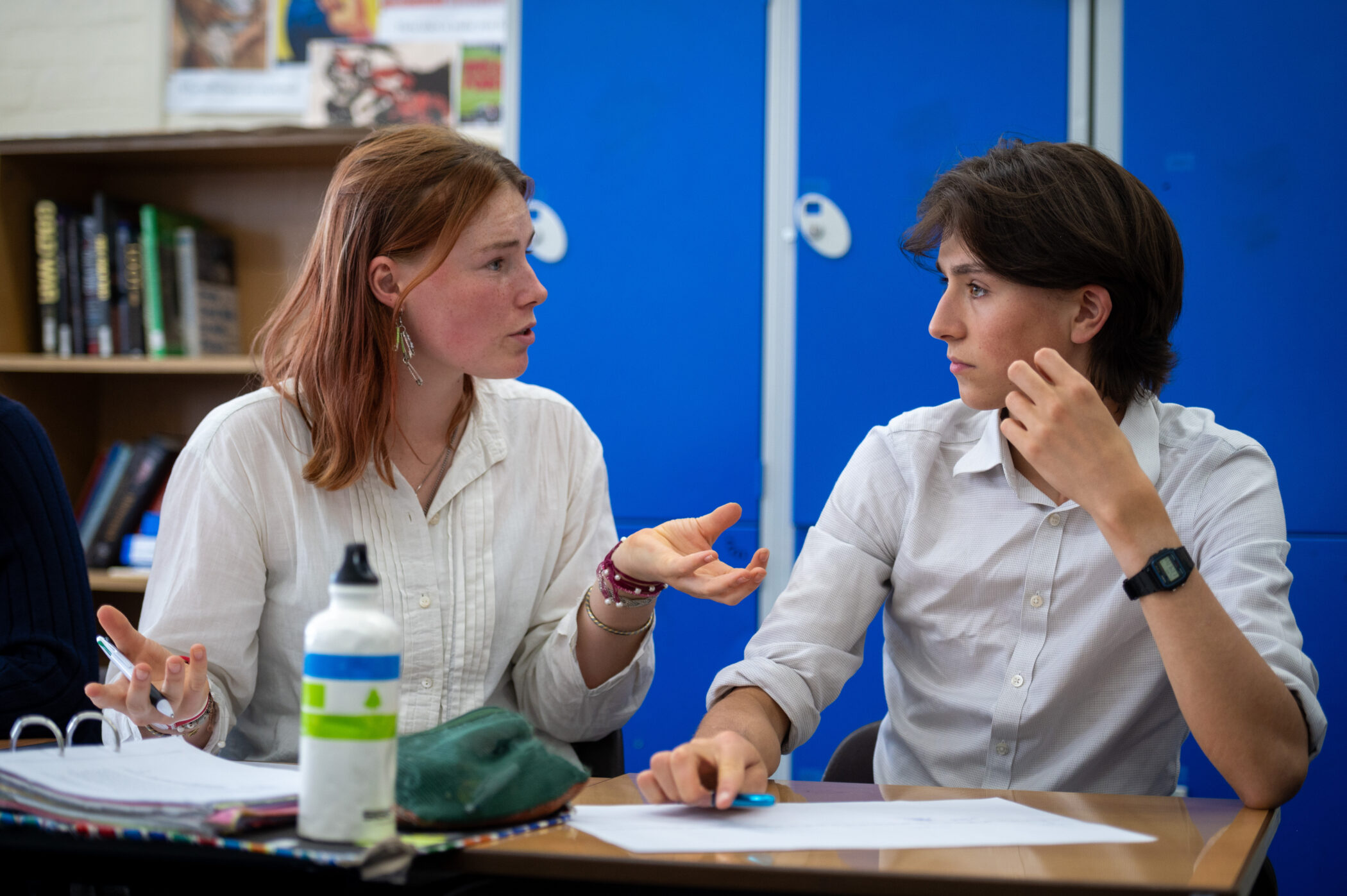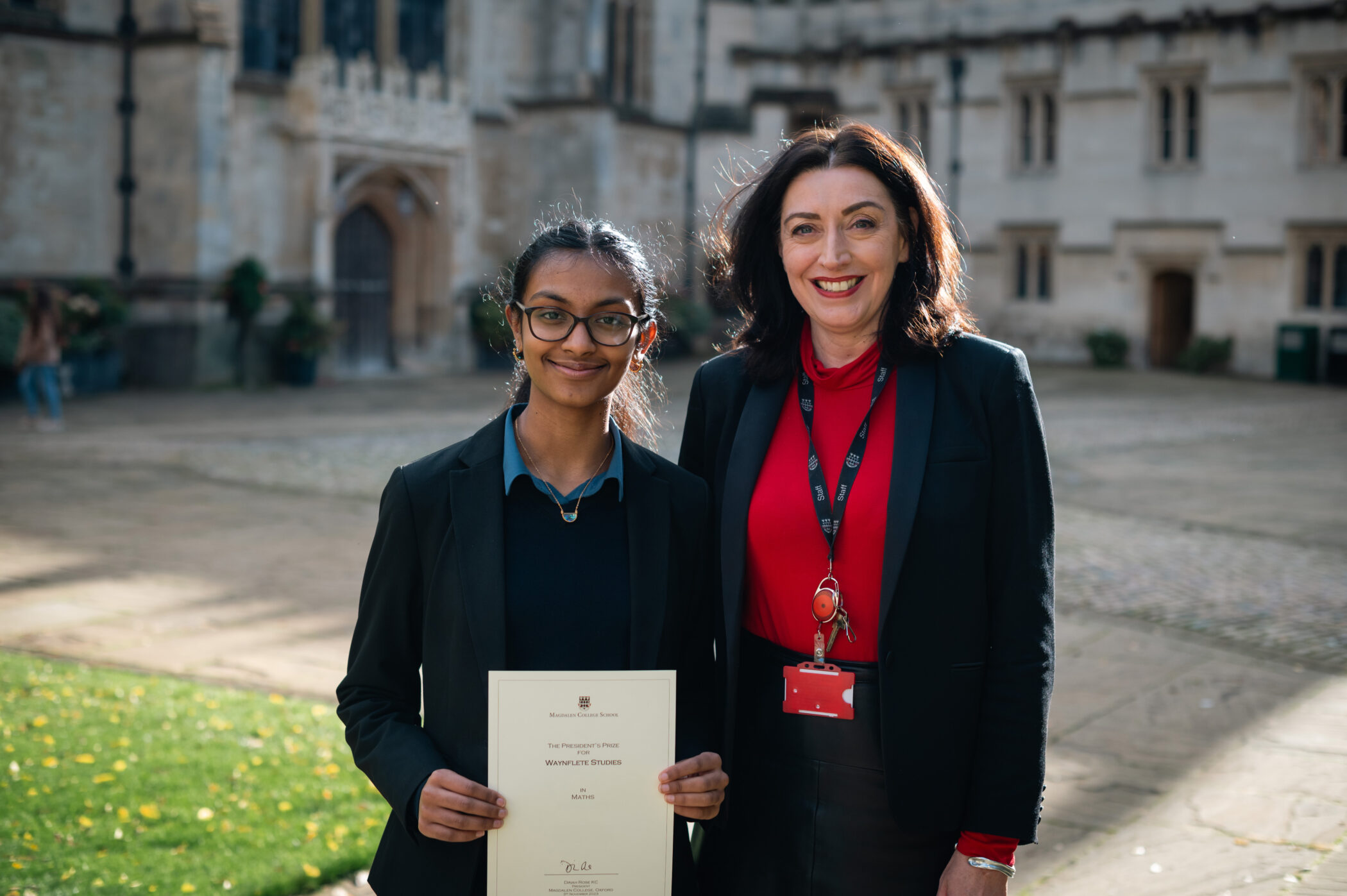History
The History Department, which has expanded significantly in recent years, consists of eight teachers and one Waynflete academic. Each History teacher at MCS has their own individual expertise and unique teaching style, yet the Department also places great importance on teamwork and collective input to produce the best resources and results.
Departmental Philosophy
We encourage pupils to create an awareness of the ‘otherness’ of the past, as well as helping towards an understanding of the present day world and how past events have influenced it. We seek to provide an acquaintance with the outlines of national history, its chronology and also a sense of Britain’s relationship with the wider world. We ask pupils to develop an understanding of the nature of historical evidence and how to use it, as well as showing how and why historical events have been interpreted differently. Above all, we present History as a subject to be enjoyed for its own sake and to develop skills required to encourage further study, be it into the Sixth form, at university or through independent learning.
"History does not repeat itself except in the minds of those who do not know History’
Kahlil Gibran
Sixth Form
In the Sixth form, the department follows the CIE Pre U course. Designed by members of the Department, the course focuses mainly on the theme of revolutions (English, French and Russian), but also considers other significant moments in English and European history (including the reign of Elizabeth I, German and Italian unification). There is considerable chronological breadth (ranging from the 16th to the 20th centuries), and no direct overlap with the IGCSE course. There is plenty of scope for personal preference (especially for budding medievalists) when pupils choose their Personal Investigation topic. The Pre U course is both stimulating and challenging, and encourages a serious and sensible engagement with primary sources and historiography.
"Man cannot create the current of events. He can only float and steer"
Otto von Bismarck
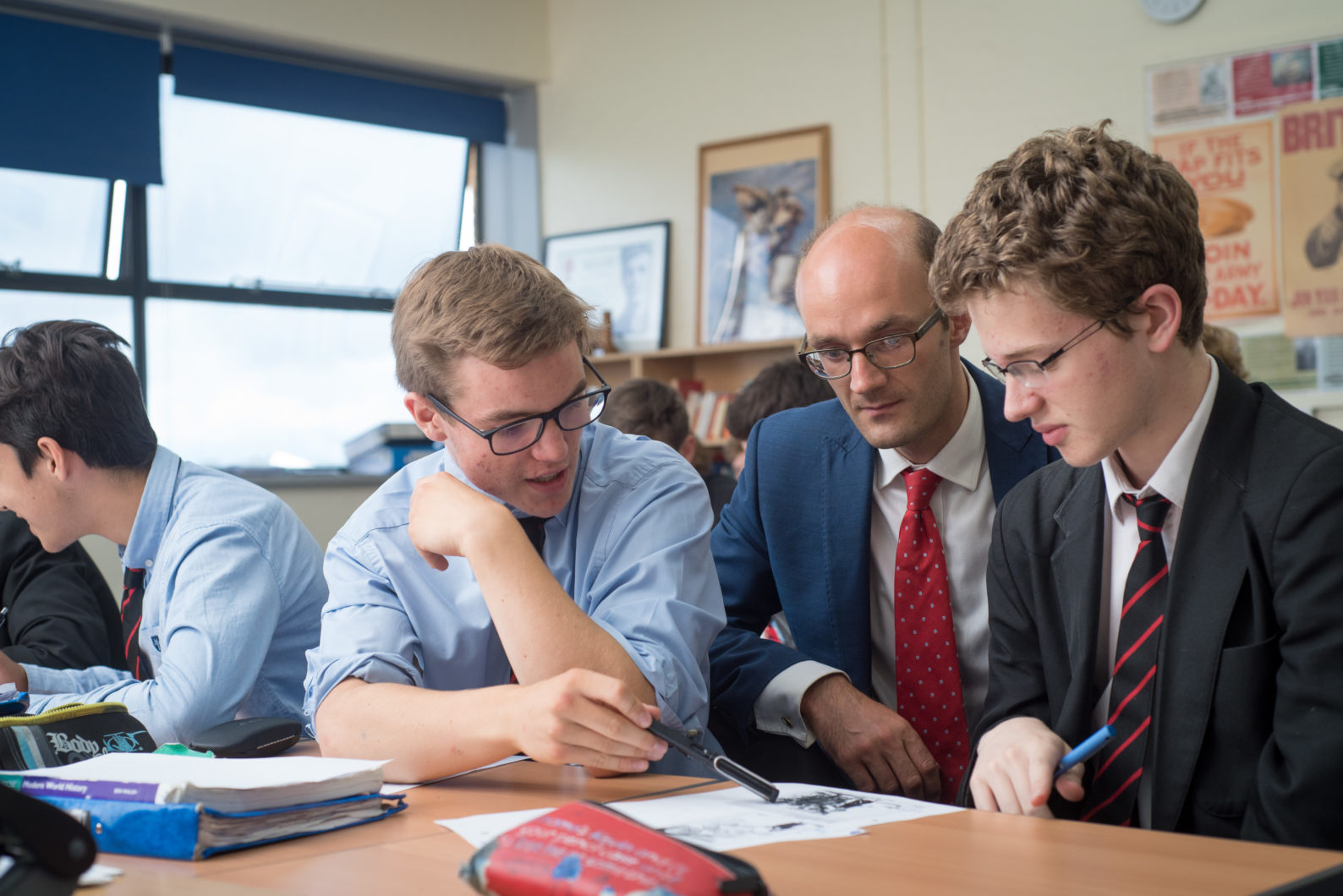
Extra-curricular opportunities
The department is well-resourced, with its own library as well as an excellent collection of history books in the Sir Basil Blackwell school library. We maintain strong links with the School Archives (who run their own club) and have integrated research of key former pupils (Cardinal Wolsey, William Tyndale, Thomas More and particularly John Foxe) into our year 8 curriculum. There are plenty of opportunities for academic extension. In the past, the History Department has run trips to Paris (6th form) and Berlin (Years 10 and 11), as well as trips within the UK, such as to the British Library exhibition on Anglo-Saxon Kingdoms (Year 7).
We have a well-established History Society, with visiting speakers coming regularly, particularly from Oxford’s two universities, including Professors William Doyle, Michael Broers, the Wolfson Prize winner Peter Marshall and the 2019 Ford lecturer Mark Bailey. The Department also organises and hosts an annual Blackwell’s A level History conference, with the inaugural 2019 conference on Elizabeth I.
There is a Lower Sixth reading group and a History Department Journal organised and edited by Lower Sixth pupils, to which any pupil can contribute. Pupils regularly enter national essay competitions and frequently deliver presentations to the History Society. Every year, a significant number of pupils choose a historical subject for the Year 12 Waynflete project. Our U6th University preparation group meets on a weekly basis and on average, over 10 pupils go on to read History or Joint Honours at university each year, with half that number gaining places at Oxford or Cambridge.
Where History could take you
On average, over 10 pupils go on to read History or Joint Honours at university each year, with half that number gaining places at Oxford or Cambridge. As a discipline, History can be taken as a joint Honours course with a large number of other academic disciplines, notably Modern Languages, Philosophy, Politics, Economics and even English. History is a highly regarded academic discipline, and the transferable skills provide an incredibly broad platform for future careers, ranging from the legal profession, advertising, banking, civil service, politics, teaching, management consultancy and even the film industry.
 MCS ranks among the top independent secondary schools in The Sunday Times Schools Guide 2024, placed seventh nationally and third in the Southeast.
MCS ranks among the top independent secondary schools in The Sunday Times Schools Guide 2024, placed seventh nationally and third in the Southeast.

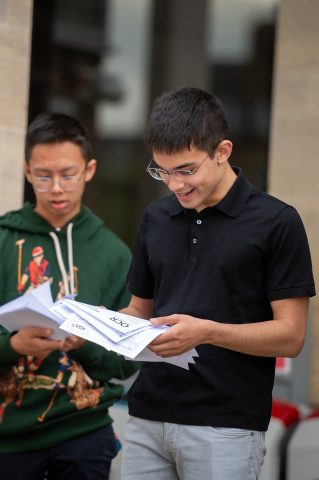 39 of our pupils achieved 10 or more 8 or 9 grades in 2023.
39 of our pupils achieved 10 or more 8 or 9 grades in 2023.
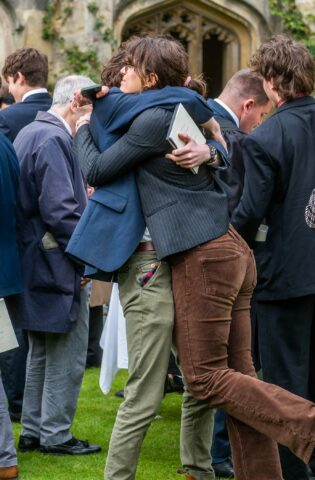 Your donations contribute over £150,000 a year to bursaries as well as building an
Your donations contribute over £150,000 a year to bursaries as well as building an 